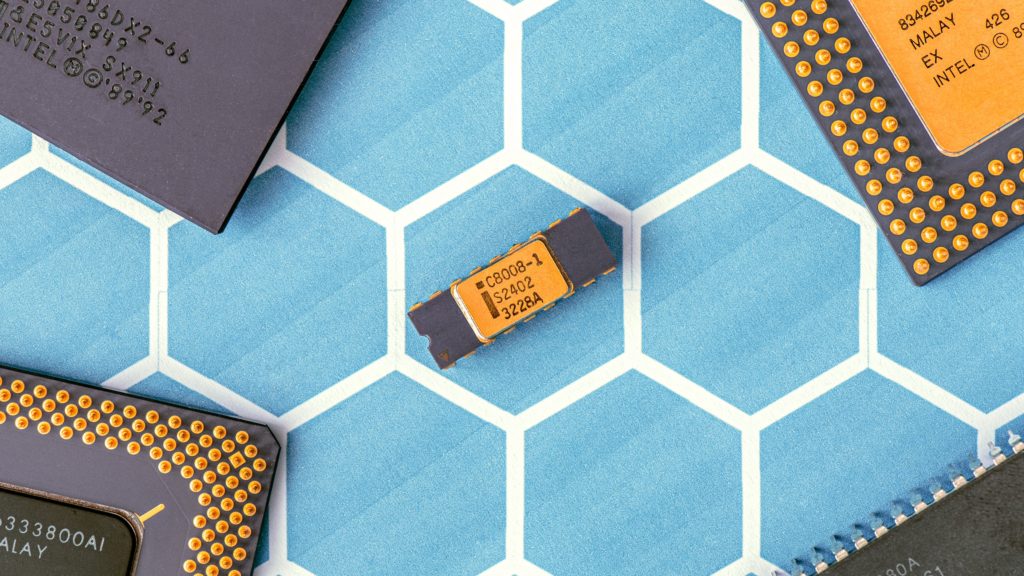As our technology continues to rapidly evolve, there has been a spike in the popularity of a trend called “Biohacking”. In a broader sense, biohacking relates to biological experimentation, manipulating one’s body or brain to optimize performance. The biohacking trend that has taken over social media, however, and the aspect we’ll be discussing today, is the implantation of a chip that allows access to your home – learn how to biohack your doors.

Tik Tok user Burgundy Waller, known online as “Chip Girl”, has gone viral for her videos demonstrating how the microchip she has implanted in her hand unlocks the doors and cupboards on her property. Waller first posted about the modification in June of 2020, explaining that her “techie husband”, who has a chip of his own, convinced her to go through with the implantation. She has since amassed a whopping 2.8 million followers on Tik Tok; her most popular videos cover the advanced technology she has in and around her home.
She has been met with mixed opinions from her online audience. Some find it unnecessary, saying things like “Her life is over if the power goes out”, comparing her life to the dystopian series ‘Black Mirror’, and asking how she gets through airport security.
Others love the idea of having a contactless key, praising the convenience and insisting the critics are just jealous.
Regardless, Chip Girl’s online fame has begun a bigger conversation about biohacking and technological body modifications as a whole and encouraged others to speak up about their own experiences. As far as we know, microchipping humans doesn’t pose any major risks, and the procedure has been greenlit by various authoritative bodies around the world, including the FDA.
However, as the tech is pretty new, there isn’t a ton of data on the effects of these microchips, so the health risks are relatively unknown. On top of that, research conducted on microchipped animals has found casual links between the chips and various health issues like cancer and tumours.
There have also been concerns about whether having a microchip implanted under your skin would allow the government to track you. Similar to the way microchips in our pets are only activated when scanned by a vet or pound, human microchips are only activated when they’re near a relevant scanner. Plus, microchips don’t have batteries or GPS capabilities, so they can’t be used to track people.
Despite the pros and cons that come with having a microchip to unlock your doors, there is an easier way to go key-less; upgrading to digital locks. Digital locks, or smart locks, are an innovative and technologically advanced alternative to traditional home security; one that we at Hashtag Locksmiths can’t stop raving about.
Plus, if you are interested in the personal aspect of biohacking, there are biometric options on the market, where you can unlock your home with fingerprints or face scans. In our opinion, this is a great alternative that still offers the convenience of a microchip key without the health risks associated.
If you’re considering upgrading your home security, call the experts at Hashtag Locksmiths for trustworthy service and expertise.
